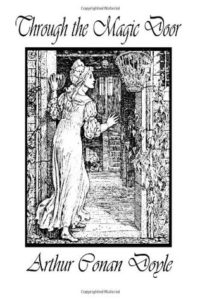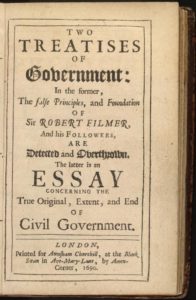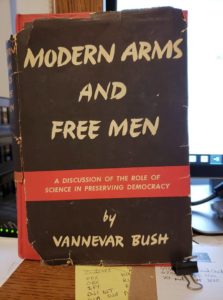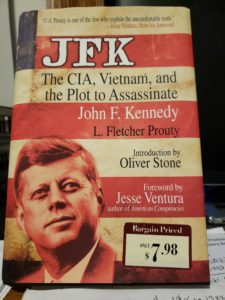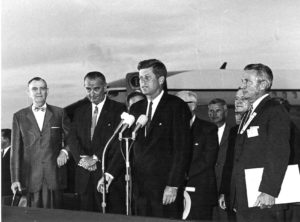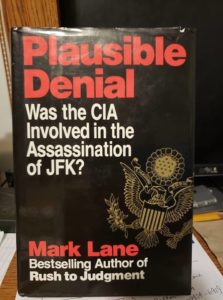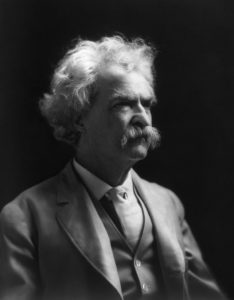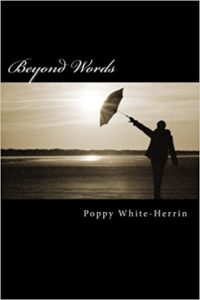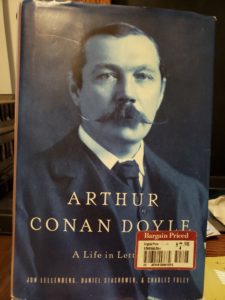
Some time ago, perhaps measured in half decades, my wife and I started reading the Sherlock Holmes books and stories of Arthur Conan Doyle aloud. We bogged down about halfway through, mainly due to difficulty reading the somewhat archaic language aloud. Years later I finished them on my own. So, sometime in 2010, on a trip to Barnes & Noble, I was pleased to find on the mark-down table Arthur Conan Doyle: A Life in Letters. How could I not snatch up the beautiful looking hardback? I was reading Doyle, and I love reading letters and biographies.
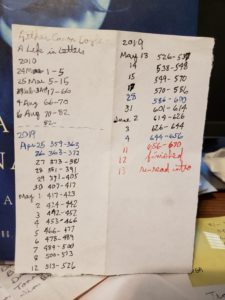
At that time I made a marker for each book I read out of scrap paper and recorded my reading progress; I still do that sometimes. I started reading on 24 March 2010. After three days the next entries are in August 2010, which took me up to page 82. A gap in the entries doesn’t tell me when I read, but when I picked this up in April this year, I started reading at page 359. I think I read those other pages back in 2010.
That I put this book down for some years is not indicative of the enjoyment I derived from it. As I said I love reading collections of letters. This one was no exception.
I don’t know how many of Doyle’s letters have been collected. Since most of his literary life was in the days before telephone, you would think he had a lot of letters—to publishers, editors, other writers, investment advisors, etc. For this book, the three editors chose to mainly use letters between Doyle and his mother. She seems to have kept all that he sent her. They are valuable in terms of understanding Doyle’s life as a writer, for he told her what he was working on, how it was received by publishers, how new works were received by the public, etc.
The early years were a struggle. Doyle studied to be a doctor and became one, though the medical profession in the 1880s-1890s was quite different than today. Learning about that was informative. While he was struggling to make a living from medicine he was also struggling to become a writer. Two careers, simultaneous struggles. Doyle’s descriptions of that were fascinating.
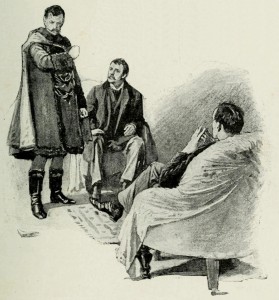
We know now that his main success was in writing, with the Sherlock Holmes stories being his biggest hit. Knowing little about Doyle except for Holmes, I was amazed at how many other works he wrote, most having nothing to do with the detective genre. Maybe Doyle had a bit of Genre Focus Disorder long before I created the term. It seemed to work for him, however, as many of his other books/stories met with success.
Doyle tired of Holmes and “killed him” at the falls. Public demand was so great, however, that Doyle found a way to bring him back, with stories that preceded his struggle at the falls with Moriarty, and then showing that he hadn’t actually died. Close to half the Holmes stories were written after Doyle wanted to move on to something else.
The editors did a good job of using their words to illustrate what the letters were saying. It was a good mix of Doyle’s words and the editors’ commentary. I would have liked to have had more correspondence than just the letters to his mother. The book had a few others, but well over 95 percent of the 684 pages were Doyle to his mother. Adding letters to others would have been interesting, but would also have changed the nature of the book.
If you like Arthur Conan Doyle, if you like Sherlock Holmes, if you like letters, this book is well worth reading. Since I got it from the bargain table, I don’t know that it’s in print any more, but you could try to find it.
The big question is, will I keep this? I have so many books, and I’m far enough along in this earthly life that I really should get rid of all books I don’t believe I will read again. I’m not sure why I would re-read this one. Well, maybe to re-read some of the early years struggles, and what he wrote about creating his most famous character.
Or maybe just so that my collection of books of letters is more complete. There, I’ve talked myself into it. For now it goes back on the shelf.
